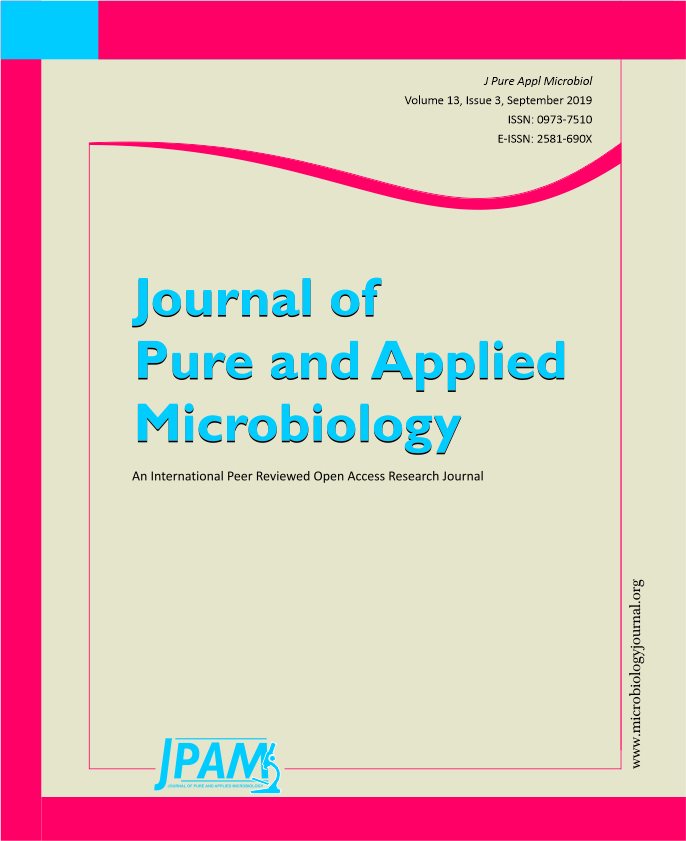Probiotics are live microorganisms (mostly bacteria) that colonize the gut and supply helpful benefits. Probiotics are completely different from other varieties of microorganism in that they are considered “good” microorganism or non-pathogenic in healthy individuals. Genus Bifidobacterium is the primary microbe that colonizes human channel, and it has positive health effects on its host. Because of the acknowledged health benefits, it is included in several purposeful foods. Bifidobacteria generally occur in extremely varied ecological niches. In order to survive in these explicit ecological niches, they should be highly adaptive. This review helps researchers incorporate the utmost criteria for an acceptable probiotic strain as in the case of Bifidobacterium sp. Bifidobacteria can be considered as a probiotic and it plays an important role in anticholesterolemic, lactose intolerance, anticancerogenic, immunomodulatory effects etc.
Probiotics, Bifidobacterium species, Beneficial microorganisms, Functional foods.
© The Author(s) 2019. Open Access. This article is distributed under the terms of the Creative Commons Attribution 4.0 International License which permits unrestricted use, sharing, distribution, and reproduction in any medium, provided you give appropriate credit to the original author(s) and the source, provide a link to the Creative Commons license, and indicate if changes were made.


